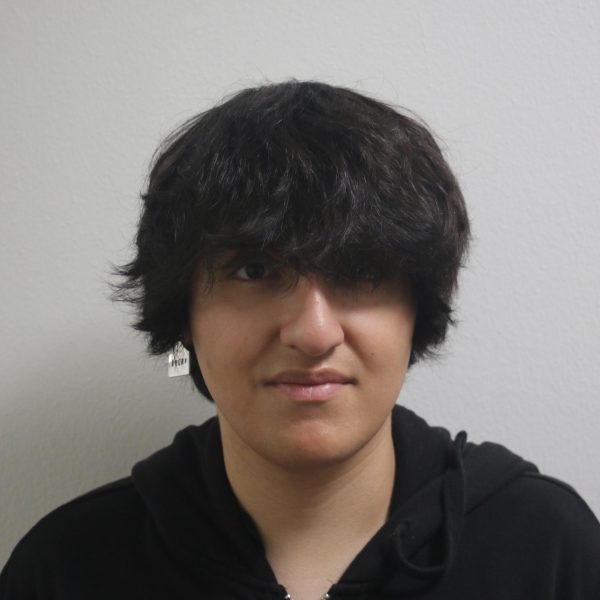Faculty and staff will receive a 5% wage increase effective Sept. 1.
Adjunct professor rates will increase from $58 to $66 per contact hour. Additionally, part-time students will have their wages increased from $15 to $18.
“We haven’t had this big of a raise in the last 10 years,” physics instructor Saeed Ahmad said.
The Board of Trustees set forward these changes in an Aug. 8 finance committee meeting, allocating $14.3 million for these compensation updates.
“It’s a welcome move from the board,” economics instructor Willie Kim Kamara said. “They should do more of this based on the situation the economy is going through.”
In part of acknowledging a changing economy, the raises were highlighted as a key part of the Chancellor Justin Lonon’s 2030 Plan, a course of action set out by the chancellor to grow Dallas College. Better compensating current employees and attracting new ones were key to planning for a compensation update.
Previous raises were only as high as 3% before Dallas College consolidated in 2020, Kamara said. Otherwise, faculty received set-dollar in-creases, which were fixed amounts on top of current salaries.
“This is the first pay raise I’m witnessing under Dallas College … and it’s higher than the previous ones,” Kamara said.
Art instructor Erica Stephens said she wasn’t getting paid enough for their work prior to the raises.
“It’s not so much that it would’ve tempted me to leave, but I really did feel acknowledged when I saw the raise come through,” she said.
The finance committee pitched a set-dollar increase but changed to a percentage increase after receiving feedback from the Faculty Association. According to Layonta Price, senior director of total awards, several industry and market comparisons were made in the six-month period wages were discussed.
“They had to do [raises] because the neighboring counties are doing the exact same thing.” Ahmad said.
During the Aug. 8 meeting, speakers frequently brought comparisons to Tarrant County College and Collin College, especially considering the price of adjunct professors.
Initially, college leadership proposed increasing adjunct wages to $65, but the finance committee asked leadership to raise the number to match other colleges. After a brief discussion, they settled on $66.
“We’re not gonna be at [Tarrant’s] rate, but this allows us to attract talent to our organization,” said Louis Burrel, acting chief human resources officer.
Burrell confirmed that salary was one of the reasons adjunct recruitment faltered.
“Many of us have master’s in our discipline, and when we compare how other colleges pay, it’s just far more,” Kamara said.
Although Kamara is pleased by pay increases, viewing how much other colleges or even high schools pay their faculty feels tempting.
“Look at our credentials as teachers and try to match our salaries to that,” Kamara said. “They should give us more money based on our credentials.”
Reports for additional adjustments to staff roles will be held in October. Positions such as nursing, construction technology and mechattronic faculty will also be reviewed due to needing discussions over market-related adjustments, according to Price.
Price also mentioned that boosting recruitment will be considered in these adjustments.
“Look at high school. Teachers and faculty make more than us would,” Kamara said.
Faculty like Kamara and Ahmad have also recommended the college should try to adjust salaries based on the amount of hours faculty put in.
With comparison towards other colleges serving as a template for discussion, the finance committee hopes to gradually raise wages to support its current faculty.
“It’s about time Dallas College looked at the national standard,” Kamara said.
Dallas College is also allocating its budget to draw in candidates from outside Dallas County.
The committee set forward a relocation allowance to boost employee recruitment, providing $10,000 to individuals who reside more than 50 miles from Dallas College’s administration.















